
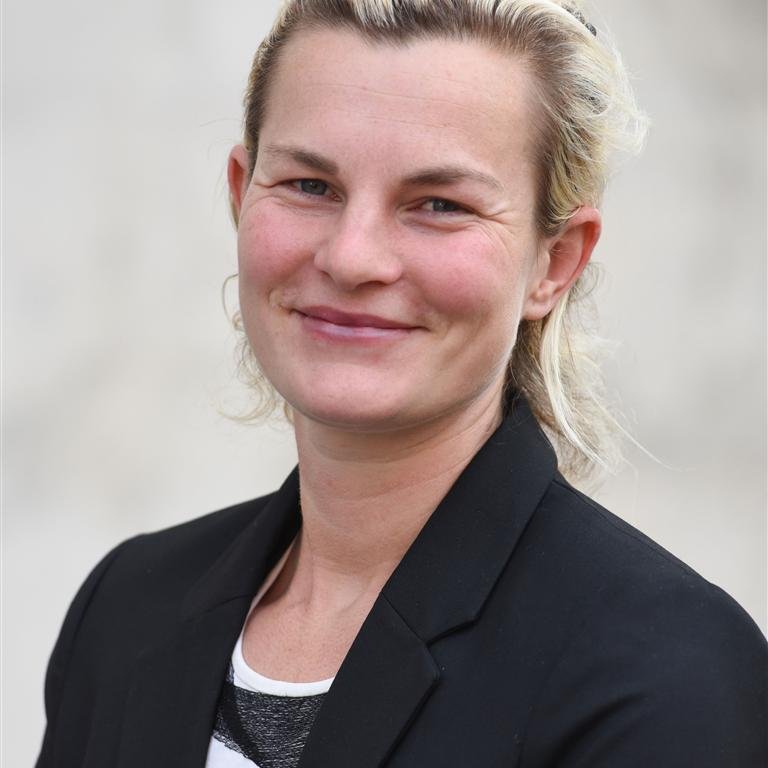
Embedding UNDRIP compliance within the Parliamentary Joint Committee on Human Rights
Sarah Moulds
05.05.25
Scrutiny of laws is an important function of the legislature or parliament. Using parliamentary committees (smaller groups of elected members of parliament) to undertake scrutiny of the new laws proposed by government, or the actions or powers used by the executive is an important component of both responsible government derived from our Westminster system and of the concept of separation of powers. It is designed to improve the quality of the law-making process by helping to identify mistakes, raise the alarm about concerning proposals and to provide the reset of the parliament and the broader community with more information about the laws being proposed or decisions being made.

Overview of UNDRIP and critical analysis of Voice and UNDRIP Bill
Megan Davis
05.05.25
In this post, I will do three things. First, I am going to set out the history of the UN Declaration on the Rights of Indigenous People (DRIP). Second, I will explain how the Voice was an implementation of the political participation elements of the DRIP. Third, I’ll conclude with some with some cautionary words on the other DRIP proposals that have emerged after the Voice.

Meeting Australia’s UNDRIP Obligations: A Critical Analysis of Three Proposals
Gabrielle Appleby, Megan Davis, and Sarah Moulds
05.05.25
At the dawn of a new parliamentary term following Labor’s re-election on 3 May 2025, and the aftermath of the 2023 Voice referendum defeat, this post provides a detailed and critical examination of a number of proposals directed at giving effect to the UN Declaration on the Rights of Indigenous Peoples (UNDRIP) in the Australian context. It will start with a brief overview of the three different proposals that have emerged since 2017, including the Aboriginal and Torres Strait Islander Voice, the UNDRIP Bill 2022 (which included an audit and action plan), and the 2023 proposal to embed UNDRIP compliance within the Parliamentary Joint Committee on Human Rights. There are then two posts, from Professor Megan Davis AC and Professor Sarah Moulds that will provide an introduction to the UNDRIP and a critical examination of each proposal.
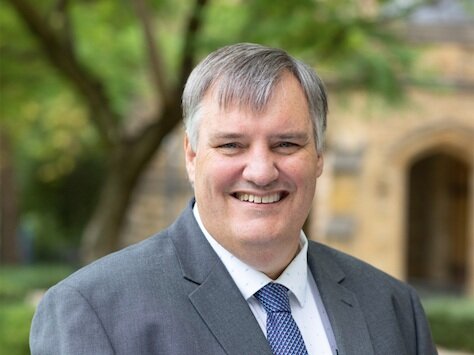
What does a No Vote Mean? A Constitutional Historian’s Perspective
John Williams
10.04.25
Today I want to address four matters.
1. What were the Framers thinking – when they came up with the amending provision to the Constitution?
2. How can we change the Constitution?
3. What does a defeat at a referendum mean?
4. Concluding thoughts

The Constitutional and Legal Implications of the No Vote
Gabrielle Appleby
10.04.25
At one level the answer to the question of what are the constitutional and legal implications of the no vote is short and direct. It simply means as a matter of law that the particular referendum proposal to amend the Constitution in that way was rejected by the Australian voters at that specific time in Australian history. That amendment will not become part of Australian constitutional law.
Legally, is nothing in our constitutional system that prevents another proposal for constitutional recognition for Aboriginal and Torres Strait Islander people, or even the same proposal for constitutional recognition through the Voice, being put via the amendment process in section 128 of the Constitution.

After the No Vote: The Endurance of Indigenous Political Representation
Sana Nakata
10.04.25
In this post, I’m going to share some thoughts about what this No vote might suggest about the place of Aboriginal and Torres Strait Islander people in contemporary Australia.
I'd like to offer three points on Indigenous political representation that have helped me make sense of where we are now, and why representation matters more than ever. First, that the political status of Indigenous peoples is now a contemporary choice, not an historical legacy; Second, that you can Vote No to constitutional enshrinement of a representative mechanism but that you cannot Vote No to First Nations peoples’ Voices; And finally, that we all have an important role to play in the volume and quality of that representative terrain going forward. Let me take each point in turn.

The Voice Debate as an Ongoing Conversation
Paul Kildea
10.04.25
How should we interpret the No vote at the Voice referendum? This is an interesting and difficult question. In what follows I offer the perspective of someone who studies referendums. I draw on referendum research to make two main points. First, that referendum results are shaped not only by the issue on the ballot paper but the context in which the vote takes place. Second, that referendums – including the Voice referendum – are best viewed as episodes in ongoing conversations, rather than the final word on an issue.

What does the ‘No’ vote mean? A legal, historical and political analysis
Gabrielle Appleby, Megan Davis, Paul Kildea, Sana Nakata, John Williams
10.04.25
On 14 October, 2023, Australians voted no to a constitutional proposal to enshrine an Aboriginal and Torres Strait Islander Voice, a representative body that would advise the government and the legislature on matters relating to Aboriginal and Torres Strait Islander people. In an upcoming book, ‘The Failure of the Voice Referendum and the Future of Australian Democracy’, Professors Gabrielle Appleby and Megan Davis have written:
It could be observed that culturally the Australian nation has been quick to move on, but there has now grown a dangerous type of cultural silence. This has been exacerbated by a general reluctance to engage on the disinformation, propaganda and misinformation that engulfed the campaign. What this has allowed is the culture war proponents, who feel ascendancy after succeeding in defeating the Yes campaign, have attempted to extend it beyond the Voice proposal to limit, minimise and erase First Nations recognition in public spaces, including welcome to countries and flying the Aboriginal and Torres Strait Islander flags. But this misunderstands the nature of the October 2023 vote.
This is the context in which this series of blog posts, based on a recent webinar, is exploring what the No vote means, by reference to history, law, and politics.
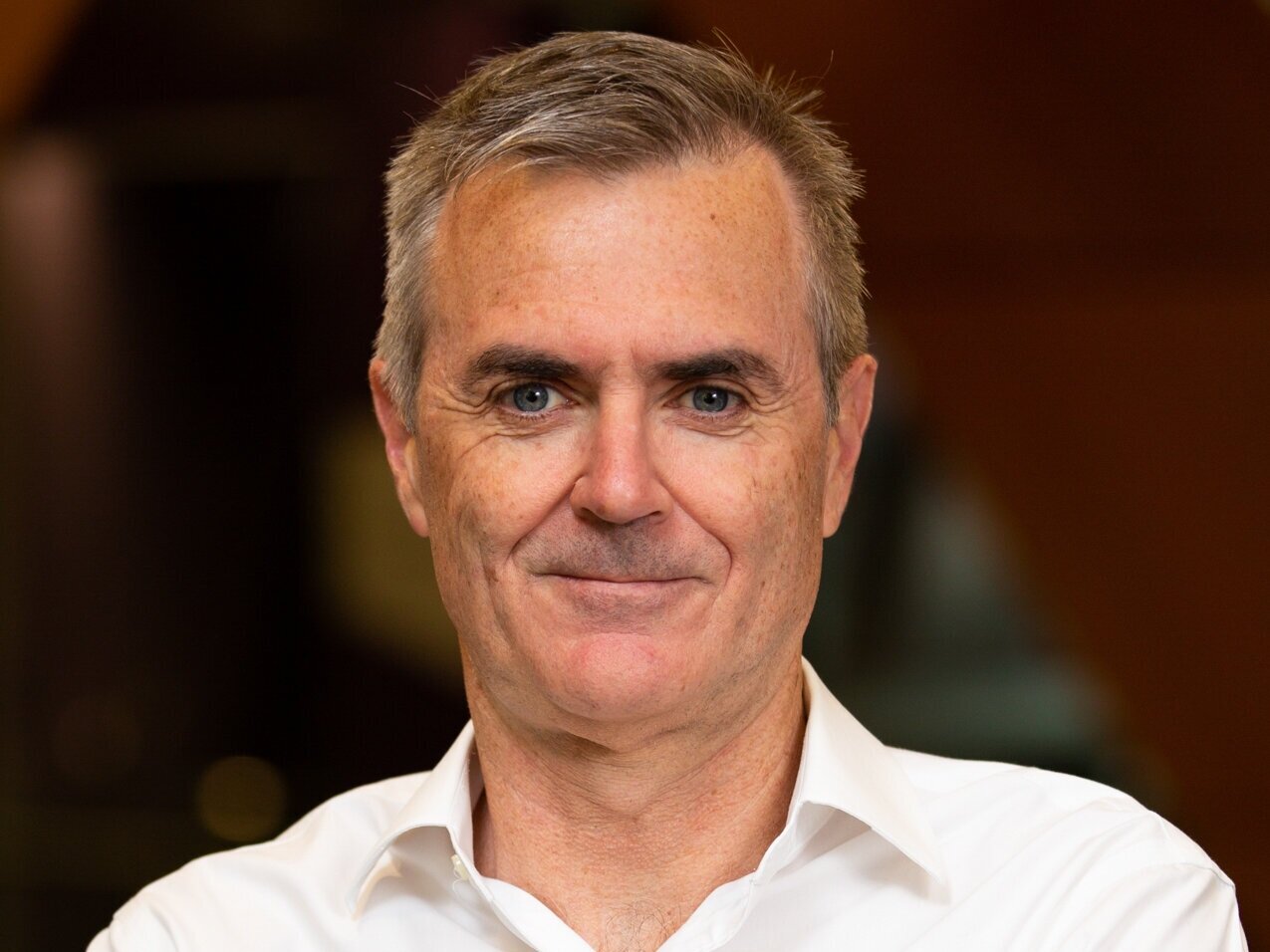
Australia’s Constitutional Guarantee for Property Rights Applies to Native Title
Sean Brennan
18.03.25
Guarantees that protect people’s rights against government action are few and far between in the Australian Constitution. One exception is the assurance in section 51(xxxi)that if the Commonwealth takes someone’s property, it must give just terms compensation. In last week’s decision, Commonwealth v Yunupingu, the High Court confirmed that Aboriginal native title holders also share in the protection of that constitutional guarantee.
The immediate consequence is for the Gumatj, a clan of the Yolngu people in Northeast Arnhem Land. Their leader, the late Yunupingu, launched a legal claim for compensation in 2019 for the historic extinguishment of native title in the time before self-government, when the Northern Territory was subject to direct rule by the Commonwealth.
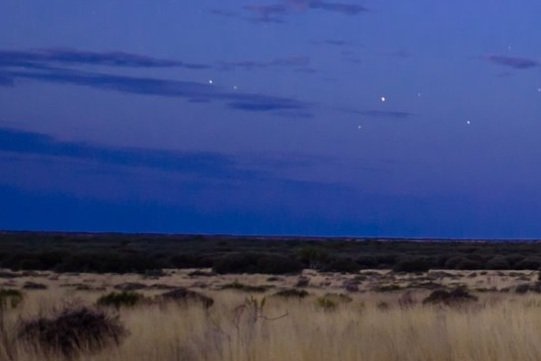
A guide to navigating the Yes and No cases
Gabrielle Appleby, Sean Brennan & Paul Kildea
30.08.23
Throughout August and September, the Australian Electoral Commission will send to every registered voter, by post, the ‘Official Yes and No Cases’ on the upcoming Voice referendum, likely held in mid-October. The cases are also available on the AEC’s website.
Members of the Gilbert + Tobin Centre of Public Law and the Indigenous Law Centre Professor Gabrielle Appleby, and Associate Professors Sean Brennan and Paul Kildea have developed a new resource to assist the Australian public navigate that material.

Submission: How implementation of the Uluṟu Statement from the Heart can support the application of the UNDRIP
Gabrielle Appleby, Megan Davis, Janine Gertz, Eddie Synot & Sophie Rigney
17.11.22
Five members and associates of the Indigenous Law Centre (ILC) have made a submission to the Joint Standing Committee on Aboriginal and Torres Strait Islander Affairs in its inquiry into the application of the United Nations Declaration on the Rights of Indigenous Peoples (UNDRIP). The focus of the submission was the Committee’s third term of reference, ‘how implementation of the Uluṟu Statement from the Heart can support …
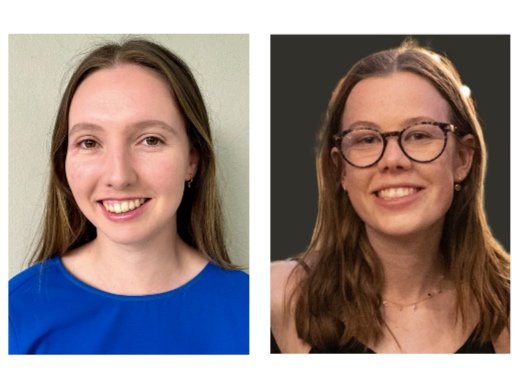
A referendum is coming soon, and we need to educate ourselves
Greta Parker & Claudia Saywell
10.11.2022
The Uluru Statement from the Heart’s call for constitutional enshrinement of a First Nations Voice to parliament is a modest request for Aboriginal and Torres Strait Islanders to be consulted in the decision-making processes which affect them. We know this because we have undertaken an extensive search: trawling through news and political statements to understand all of the political objections, hesitations and concerns regarding the Voice. …

The practical promise of a First Nations Voice
Daen Thomas Phillips
11.11.2022
The Uluru Statement from the Heart calls for a constitutionally enshrined First Nations Voice and establishment of a Makarrata Commission to supervise treaty and truth-telling processes between First Nation’s peoples and Australian governments. These reforms prioritise meaningful structural reform to advance First Nation’s peoples and their affairs. As a first measure, the Uluru Statement focuses on establishment and constitutional enshrinement of a First Nations Voice …
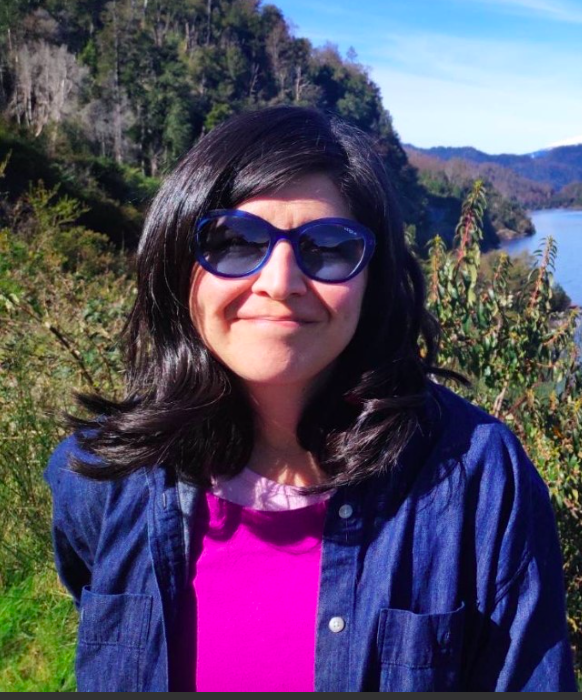
How a citizens’ initiative review can deliver a fair Voice referendum
Isabel Cruz Aroca
11.11.2022
I was in my home country of Chile last month when the referendum failed to obtain the majority required to replace the constitution. I have been contemplating what lessons this failure may hold for Australia as it prepares for its first constitutional referendum in over two decades on the question of constitutionally enshrining a First nations Voice. Chilean citizens came in numbers to reject the new, progressive constitution, …
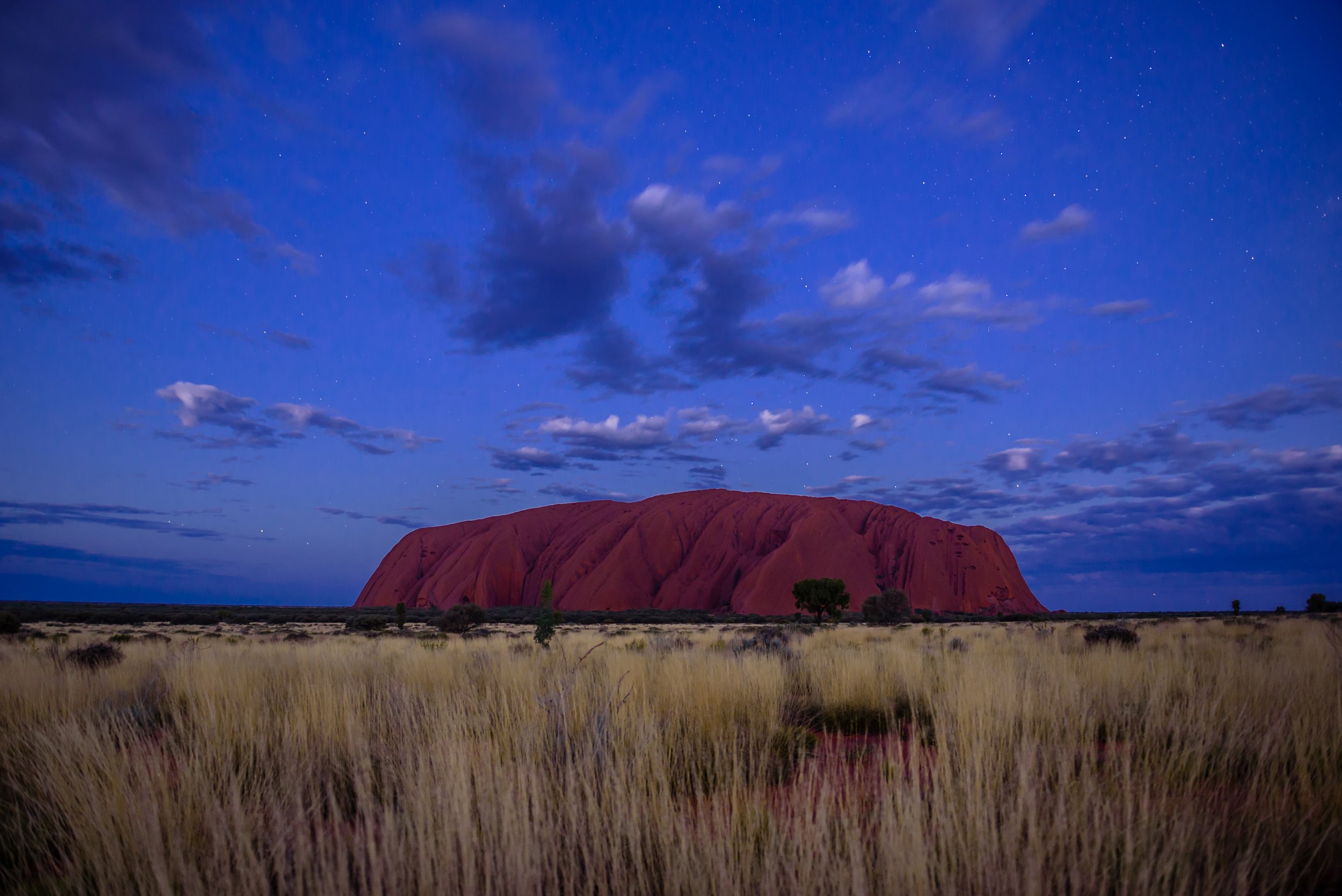
Indigenous Law Centre released Issues Papers to guide way to the referendum
Megan Davis, Gabrielle Appleby & Sean Brennan
08.09.2022
As part of accepting the invitation for reform in the Uluru Statement from the Heart, the Australian government will soon put the question of whether to recognise Aboriginal and Torres Strait Islander Peoples in the Constitution through an enshrined First Nations Voice. On 30 July 2022, the Prime Minister Anthony Albanese released a draft constitutional amendment and …

Towards Truth: Truth telling and the Uluru Statement from the Heart
Kishaya Delaney
09.06.2022
For many First Nations people, the oral stories passed from generation to generation shape our memories and identities. The stories of culture, of singing, and tradition, and more recently, stories of movement, of removal, of loss, and of sorrow. While the former elements of these spoken chapters can transport us to a distant past, the latter serve as a reminder of the repetitious …

Australian Voters Confirm: History is Calling
Megan Davis, Sean Brennan & Gabrielle Appleby
25.05.2022
Six weeks ago, on 10 April, two significant events took place. On Ngunnawal country in Canberra, then Prime Minister Scott Morrison announced a federal election to be held on 21 May. On Gunggandji country, at Yarrabah in Queensland, members of The Uluru Dialogue and Uluru Youth Network issued the Yarrabah Affirmation to the Australian people, calling with urgency for a referendum to …

Aboriginal and Torres Strait Islander Peoples, Law Reform and the Return of the States
Dani Larkin, Harry Hobbs, Dylan Lino, Amy Maguire
10.05.2022
In the wake of the historic 1967 referendum extending the Commonwealth Parliament’s legislative power in Indigenous affairs, Prime Minister Harold Holt made a prediction to his Cabinet that the electorate would undoubtedly look increasingly to the Commonwealth Government as the centre of policy and responsibility regarding Aboriginal and …
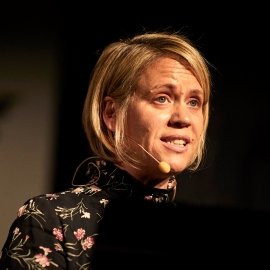
Aboriginal Storytelling and Judicial Decision Making
Nicole Watson
19.04.2022
It is impossible to imagine life without stories. From the moment that we come into the world we are taught all kinds of stories. Stories explain our origins, teach us how to be members of families and communities, and give us hope during times of uncertainty. Like many Aboriginal children, my brother and I grew up in a family …

Aboriginality and Alienage: will Montgomery overturn Love?
Elisa Arcioni & Kirsty Gover
04.04.2022
In 2020 the High Court decided in Love v Commonwealth (‘Love’) that the ‘aliens power’ under s 51(xix) of the Australian Constitution does not reach ‘Aboriginal Australians’, as understood under Brennan J’s tripartite test in Mabo (No 2), so that they cannot be deported, even if they are not citizens of Australia. …